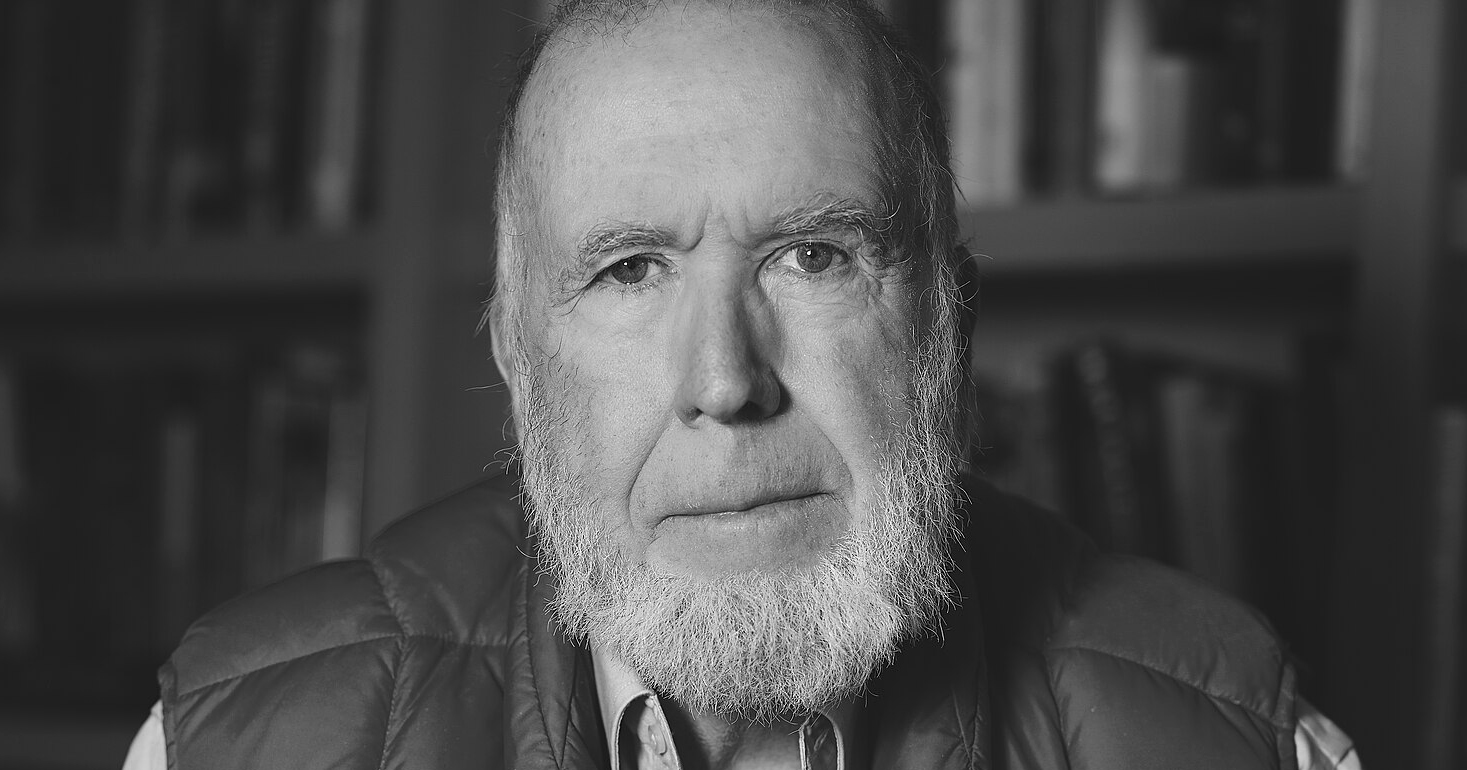We Need Better 'haters': A tiny manifesto on critique
Critique, right now, has a weird place in modern culture. We don't truly look for it, but it still operates in the background. You wouldn't know a food critic if you saw one on the street, but they still hold an outsized impact on how a restaurant in a place like New York City might be perceived.
In a classic skit, Dave Chappelle delivered us deep and abundantly fruitful expose on the reality of being a hater. Absurd, irreverent, and subversive, and 20 years old, it would never be acceptable on air today. But so is much of our modern discourse a Playa Hatas Ball.
The work required to have an opinion is cast aside for the need to be first, as if a new opinion is breaking news. Naturally, if you have a product, getting it in the hands of people with influence, can impact and influence buying behavior, which is the point. It is a space in which you can and do and do not work on what that means.
Our discourse, as ugly as it can be, has a fatal flaw: changing your mind is just as condemnable as not having the right opinions as someone else. But we do it all the time. Screaming "they aren't in the arena' is cool, until you yourself know you cannot do something that aligns with whatever you are doing.
Operators vs. Observers
This presents a challenge, I like to call the Operator vs. Observer logic map. This is a gross oversimplification, but here it is anyway (theory still in progress or whatever):
Operators build things.
Observers watch things that have been or are being built.
Investors put capital (attention, time, $$), into the projects of Operators.
Not all Operators are Observers, but some Observers have been Operators.
Investors can be Observers and Operators at the same time.
When Operators talk, it shakes things, because they are often too busy building to add to the discourse.
Observers are always active in a specific discourse, and have expertise in what they are seeing and watching.
There is a often friction between Observers who used to be Operators, and Operators who are transition to becoming Observers.
Insights are not observations. An observation is what happens upon noticing; insights are when observations can be processed to distill information and new ways of doing. These can be scaffolded into a process, which can be sold, adapted, and rolled into a strategy.
Attention vs. Attrition
Attention is. Everything, everywhere, wants you, to pay attention. Everything. I want you to read this newsletter, because I think some of the ideas I stitch together are moderately interesting.
Attrition is what happens when your attention is no longer satisfied by what is in front of you, so you need to shift it towards something else.
Perhaps it is also about how we work, and not only what we say. That's why James Baldwin would have been an untenable voice in this moment; his refusal to endorse the Nation of Islam or resign himself to be anyone's negro, is read in hindsight as courageous, but in the present zeitgeist, it is seen as untenable. We conflate accountability with vitriol and then wonder why creativity hides in the shadows we created.
I'm not saying that censorship is the way forward. I am saying we should have better sensors for why critique seems to not have a place or a consistent frame. It seems like a product question instead of a willingness. Not every opinion can be, or should be weighted equally. You can't, and get things done in the ways that it is often required.
But I think Jon Ive, legendary Apple designer captures the mist and motion of ideas:
I couldn't agree more with Jony Ive pic.twitter.com/9WEyOKRkvp
— Chris Cannon (@colourfulchris) February 26, 2024
Shelf Reads
"You really have to trick yourself into believing it's not that hard, because it is way harder than you think." - Jensen Huang, NVIDIA CEO
The chief prevention against getting old is to remain astonished.

Excellent Advice for Living: Kevin Kelly’s Life-Tested Wisdom He Wished He Knew Earlier – The Marginalian
“The chief prevention against getting old is to remain astonished.”
I vote, floss, cook, and exercise. In other words, I’m not a person who panics under pressure and falls for a conspiracy involving drug smuggling, money laundering, and CIA officers at my door. Until, suddenly, I was.

How I Fell for an Amazon Scam Call and Handed Over $50,000
I’m still trying to understand why I fell for it.
"As a result, I kind of put blinders on. I felt like, I need to be at a company that is exhibiting incredible growth. It needs to be hot. People need to know about it. I need to stay on my trajectory. I kind of closed my eyes to any opportunities that came my way that didn't necessarily fit. "

How To Let Go of the "Perfect" Career, With Karen Chi
Karen Chi had the perfect resume, on paper. She was a Berkeley alum, longtime director at LinkedIn, then part of the executive team at Cameo, the wildly popular website during the pandemic where you could request personalized videos from celebrities. But sometime last summer, she found herself re-evaluating her career, unsure that she wanted to continue the same trajectory, yet lost on what she should do next.
BIG FUN
Soft life, but for sounds or whatever.
A Soft Murmur
Mix ambient sounds together to wash away distraction and help you focus or relax
My grandmother used to cross stitch. This is like that, but like with the internet.

Silk – Interactive Generative Art
Create beautiful flowing art with Silk.
An entirely new meaning to 'filling in'.
26 years ago today, with barely 8 minutes notice, Aretha Franklin stepped in for an ailing Pavarotti and performed “Nessun Dorma” at the Grammys.
— 365 Days of Aretha Franklin (@365DaysOfAretha) February 26, 2024
Read the full history:https://t.co/OQGsSNCMrX
pic.twitter.com/1Xnf3VStB9